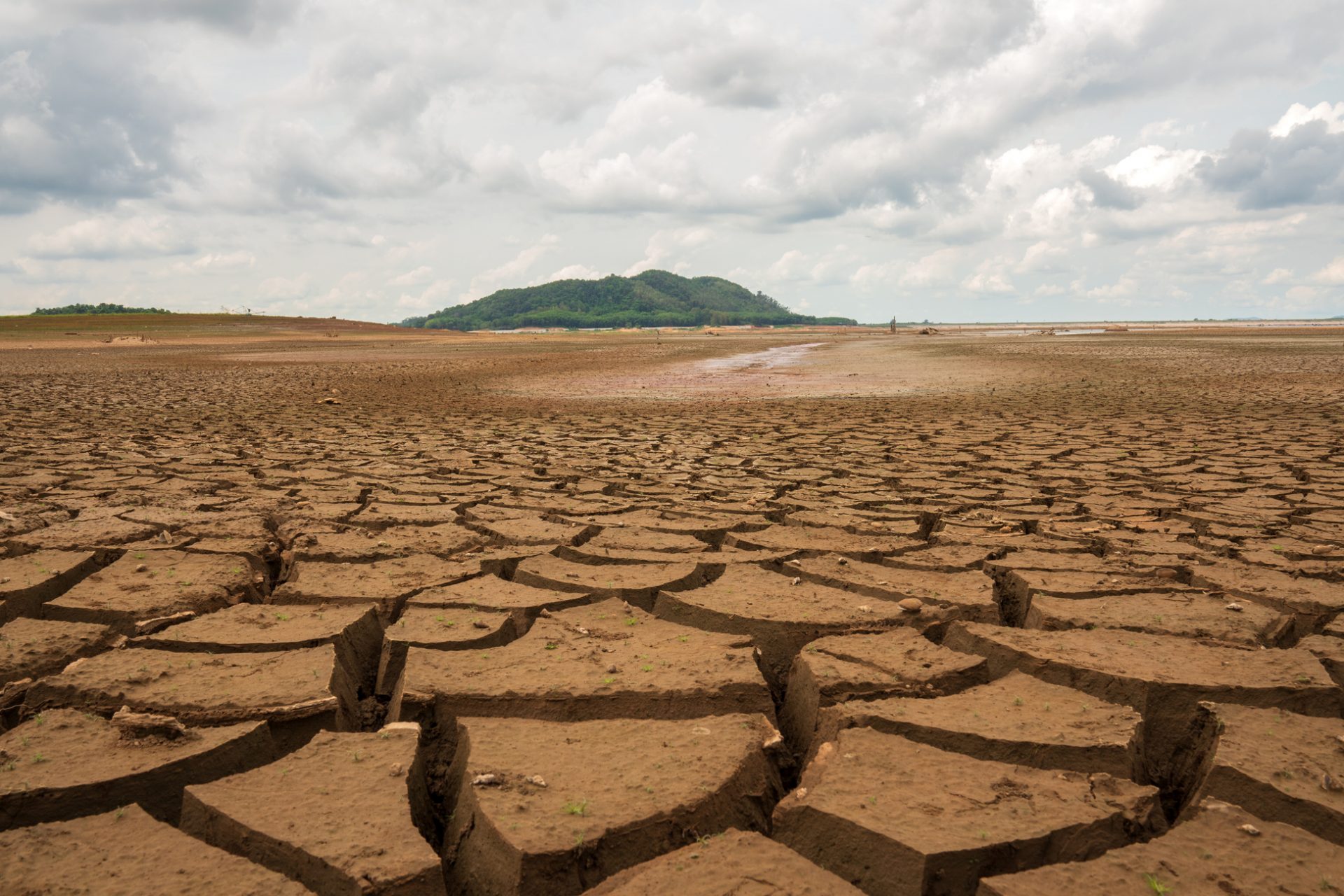Globally lakes are drying up and that's bad news for everyone
Most people don't spend a lot of time thinking about the water level of their local lakes but these inland bodies of water tend a play a crucial role in managing our fragile global ecosystems. This is why it's really unfortunate that the world's lakes are losing their water, a problem that will affect you.
More than half of our world’s most important lakes and reservoirs have been drying up over the course of the last three decades and researchers finally have an explanation as to why.
Scientists have known for quite some time that the world's lakes have been undergoing big changes, but it wasn’t recently that they've finally understood just how bad things have gotten.
According to a study published in May 2023, a whopping 53% of our world’s largest lakes have lost some portion of their volume since the 1990s and it seems like water is drying up everywhere.
"We would say this is a global pattern of drying," lead study author Fangfang Yao of the Cooperative Institute for Research in Environmental Science (CIRES) told Newsweek.
Yao explained that the drying patterns he and his team had studied revealed that water storage levels were shrinking all around the world, regardless of the climate or region.
"The drying is evident in both arid and humid regions,” Yao said, adding that it could be found in Central Asia and the Middle East as well as in the United States and Africa.
This should matter to you if you’re one of the two billion people who live in the basin of one of these drying lakes according to a CIRES news release that quoted the authors.
In order to study global water loss, the researchers looked at more than 250,000 images from satellites that spanned from 1992 all the way to 2021 according to a CNN report.
The cause of all these problems was linked to climate change and unsustainable human consumption according to the study’s authors, but they said this could be a good thing.
Never before has such a comprehensive study of the world’s largest lakes been taken on and study co-author Balaji Rajagopalan said this new method of tracking global water levels will change how we manage the world’s most important resource.
“With this novel method …we are able to provide insights into global lake level changes with a broader perspective,” Rajagopalan explained according to CIRES’ news release.
We already know far more than we did before the study was completed and one of the big pieces of information gleaned from the project was just how much we didn’t know.
“Many of the human and climate change footprints on lake water losses were previously unknown, such as the desiccations of Lake Good-e-Zareh in Afghanistan and Lake Mar Chiquita in Argentina,” Yao said according to the CIRES news release.
It wasn’t just all bad news, though. Yao and his co-authors discovered that not every lake in the world was drying up and noted that 24% of the bodies of water they studied had actually grown in size.
These growing lakes tended to be in Tibet’s inner plateau and the Great Northern Plains of North America according to CIRES, but knowing growing lakes are out there can help us repair the damage that has been done to the lakes that shrunk over the decades.
“If human consumption is a large factor in lake water storage decline, then we can adapt and explore new policies to reduce large-scale declines.” study co-author Ben Livneh said about the positive humanity learned from his research.
More for you
Top Stories






























